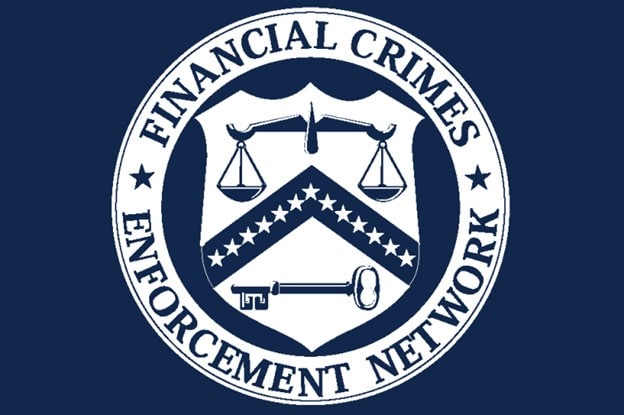By ALISHA HOULIAN for AML Intelligence
FinCEN today (Thurs) issued an alert related to the financing of Israeli extremist settler violence against Palestinians in the West Bank.
The alert provides select red flags to assist U.S. financial institutions in identifying and reporting suspicious activity that finances such violence.
“Financial institutions can play a critical role in detecting and reporting potential suspicious activity related to the financing of Israeli extremist settler violence,” said the U.S. Department of the Treasury’s Financial Crimes Enforcement Network (FinCEN) Director Andrea Gacki.
“The U.S. financial system should be protected from those who seek to support or perpetrate violence and bring further instability to the West Bank.”
While the alert highlights the potential involvement of certain nonprofit organizations (NPOs) in facilitating payments to fund violence in the West Bank, FinCEN continues to emphasize that legitimate charities should have access to financial services and can transmit funds through legitimate and transparent channels.
FinCEN is also reminding financial institutions to apply a risk-based approach to Customer Due Diligence (CDD) requirements when developing the risk profiles of charities and other non-profit customers.
No specific customer types, including charities and NPOs, automatically presents a higher risk of illicit activity. Additionally, as no single red flag is necessarily indicative of illicit or suspicious activity, U.S. financial institutions are encouraged to consider all the surrounding facts and circumstances before determining whether a specific transaction is suspicious or associated with potential Israeli violent extremist groups or campaigns.
Finally, through the alert, Treasury’s Office of Foreign Assets Control (OFAC) is highlighting for members of the public that under the Executive Order of February 1, 2024, “Imposing Certain Sanctions on Persons Undermining Peace, Security, and Stability in the West Bank,” the U.S. government is authorized to impose sanctions on foreign persons that are responsible for or complicit in, or have directly or indirectly engaged or attempted to engage in:
(1) actions that threaten the peace, security, or stability of the West Bank; or
(2) planning, ordering, otherwise directing, or participating in specified actions affecting the West Bank, such as violence targeting civilians and property destruction.
The United States said it seeks to impose tangible and significant consequences on those engaged in such activities, as well as to protect the U.S. financial system from abuse.
The full notice is available online at FIN-2024-Alert001.








